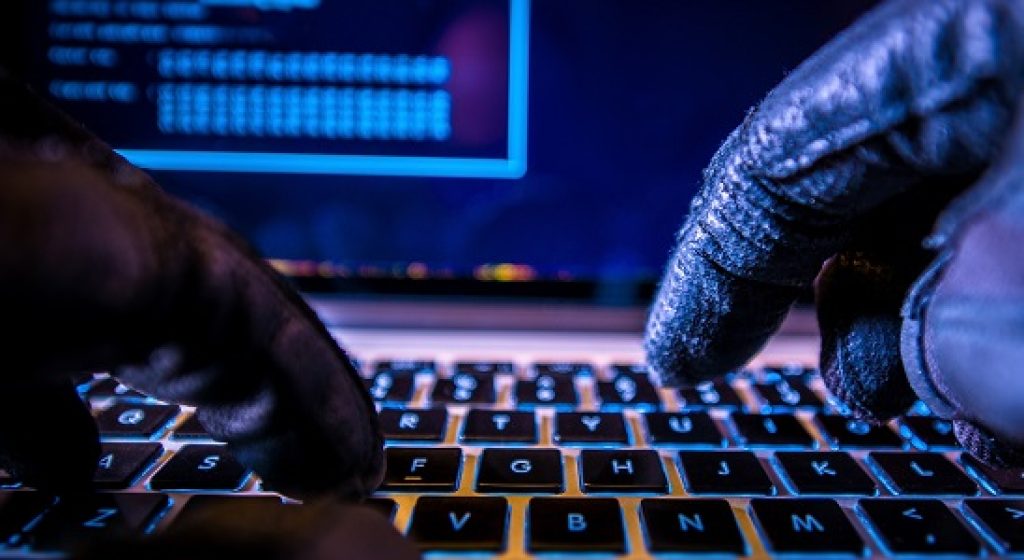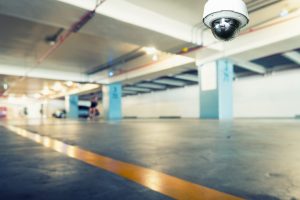Did you know that the devices we create to protect us, can sometimes be used against us?
Recent studies show that up to 61 percent of Americans are concerned about WiFi enabled home security camera hacking.
The odds of this happening are few and far in between, but the fear isn’t exactly unfounded. All connected devices are prone to hacking, including home security cameras. As demonstrated in recent attacks on Jeep, Vtech, and Mattel products, skilled hackers will only need a minute to break into internet based products. And with every purchase of a connected home device, consumers are unknowingly giving hackers a new opportunity to gain access. Here we will discuss how security camera hacks can happen, and what consumers can do to prevent them.
There are two key objectives for hackers who are trying to gain access to connected home security cameras.
Hack #1: Taking control of your home security camera’s connectivity
One way hackers like to break into connected devices is by taking them over and using them in a network of private computers infected with malicious software. In the instance of a home security camera, the hacker is taking advantage of the camera’s connectivity. This type of hack can also target other kinds of devices like printers and DVRs.
Once you have set up a wireless network, your devices connect automatically. While it is a convenient feature, it is prone to abuse via a hack called “spoofing.” By creating a network with a stronger wireless signal and a copied service set identifier (SSID) the hacker can make your devices automatically connect to the spoofed network instead of the real one.
Hack #2: Accessing your home security camera’s video feed
An even more frightening hack is gaining direct control of your camera’s video feed. A hack of this sort can happen remotely or locally.
During a remote attack, the hacker finds weak points in a computer or network’s security software from which the system is accessed. When a home security camera transmits its video feed over the internet, the video signal could be subject to password attacks. A data breach can make your home surveillance camera and other connected devices vulnerable to remote attacks.
For local access, the hacker must be within a range of your router. If so, this person can quickly run a program that tries to interpret your wireless router’s password. Once the password is in possession, the hacker has access to your network, including your home security camera.
How does one know if their home surveillance camera is under attack?
It is unlikely for you to notice an attack. However, one potential red flag might be slow or significantly degraded performance. Anything that is intermittent can simply be due to poor connection or signal, and not necessarily indicative of a hack. But, if there is a sudden drop in your camera’s performance, it can’t hurt to take protective measures.
Luckily, protecting yourself isn’t too difficult. Here are some tips for preventing these hacks.
Tip #1: Use strong passwords
When setting up your cameras, be sure to use a secure password. Experts will tell you it’s best to create passwords that combine letters (both upper and lower cases), numbers and symbols. The more complex, the better. A strong password is your best defense against hackers.
Tip #2: Secure your home wireless network
Securing your WiFi network is another approach towards security. Some of the options include using WPA2 encryption, updating the default SSID (i.e., network) name, and turning off guest network sharing. Also, isolating your cameras to a single network will prevent the hacker from gaining access to all the other connected devices.
Tip #3: Regularly update your security camera’s firmware
Technology is periodically updated to fix bugs and improve product performance. Sometimes these bug fixes solve security flaws, so make sure you are always using the most recent update.
Tip #4: Turn off remote online monitoring
The ability to log into your security camera via phone or computer is part of the appeal, but app and website access can easily expose you to hackers. If you’re worried, simply consider turning off remote monitoring when you aren’t using it.
Tip #5: Purchase your home security camera from a trusted source
There are many sources to choose from when shopping for WiFi-connected home security cameras. Do your research to ensure you’ve got a reliable one that offers excellent customer service.
Used security equipment should be completely out of the question. A bargain may be enticing, but you won’t know who has previously accessed it or modified it for malicious purposes. Spending the extra money on new equipment will be worth avoiding the potential problems.
If you do go with a locally monitored service, ask your account manager about the safety measures taken to protect their products.
Learn More about Home Security
Find out how we can help minimize your chances of a break-in or a breach all year round.
Visit our website to learn more about your home security options, or give us a call.
About Alarm Detection Systems, Inc.
Alarm Detection Systems is one of the largest alarm firms in the country. Family-owned since 1968, we provide business alarms, fire alarms, card access, security cameras, and home security systems. Proudly servicing Chicagoland, Northern Illinois, Northwest Indiana, and Southern Wisconsin in the Midwest. Call us at 630.844.6300 for more information.
In Colorado, we service all of Denver, Boulder County, Northern Colorado, the Eastern Plains, and Colorado Springs. Call us at 1.800.446.7519 for more information.



